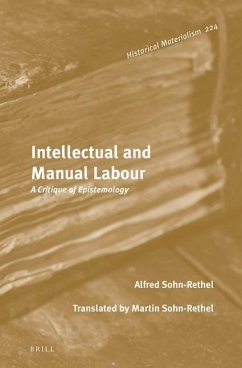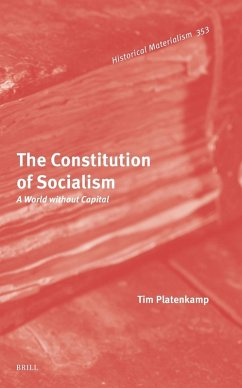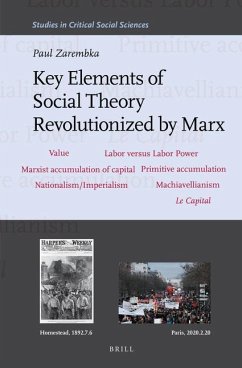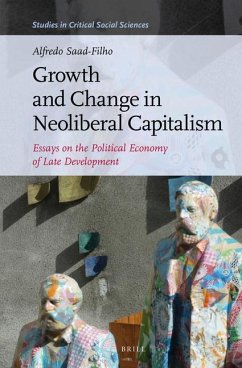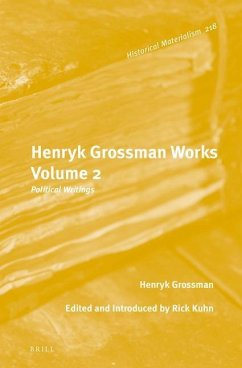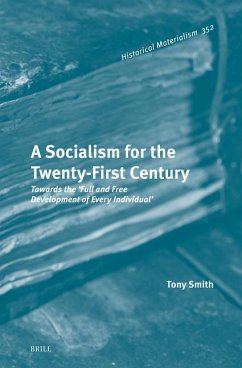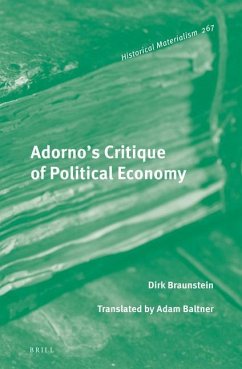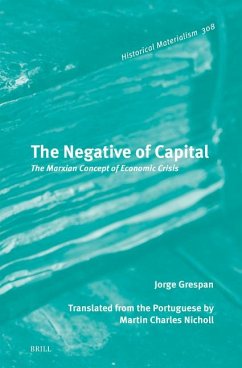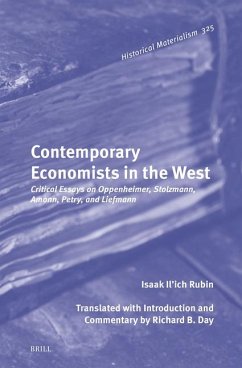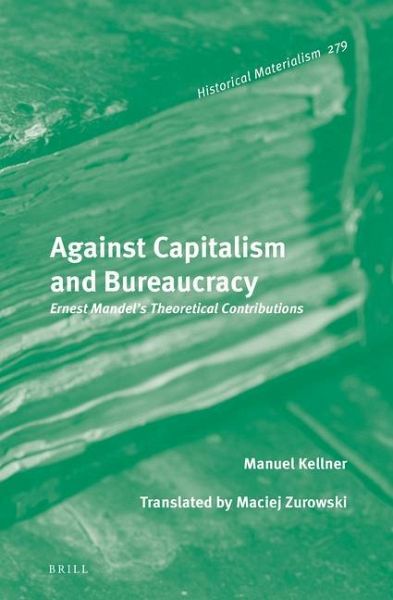
Against Capitalism and Bureaucracy
Ernest Mandel's Theoretical Contributions
Versandkostenfrei!
Versandfertig in über 4 Wochen
176,99 €
inkl. MwSt.
Weitere Ausgaben:

PAYBACK Punkte
88 °P sammeln!
In Against Capitalism and Bureacuracy, Manuel Kellner presents the first and until now only comprehensive overview of the work of Ernest Mandel, one of the major contributors to twentieth-century Marxism.



